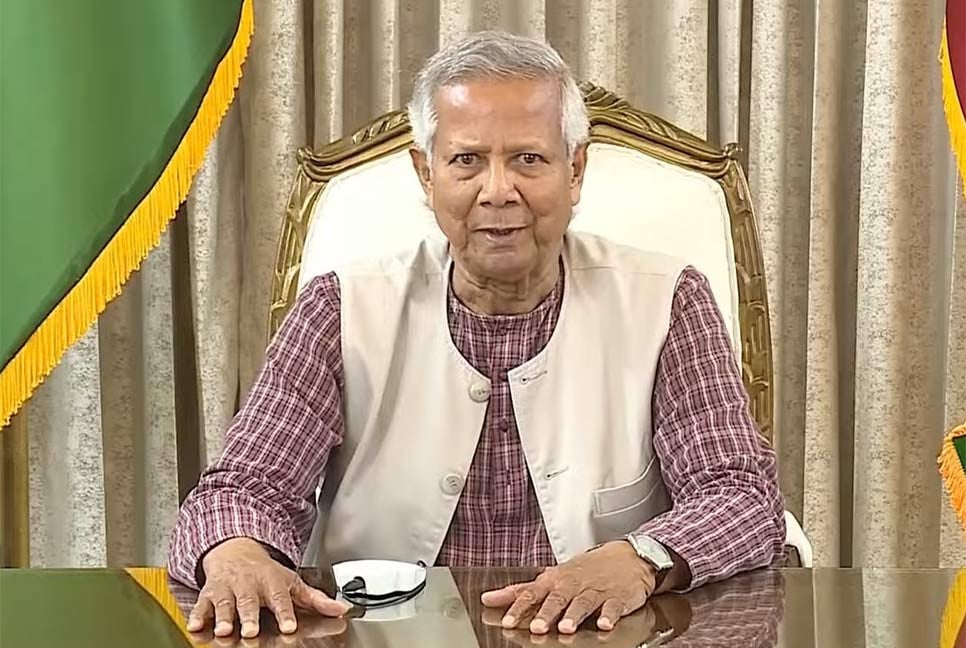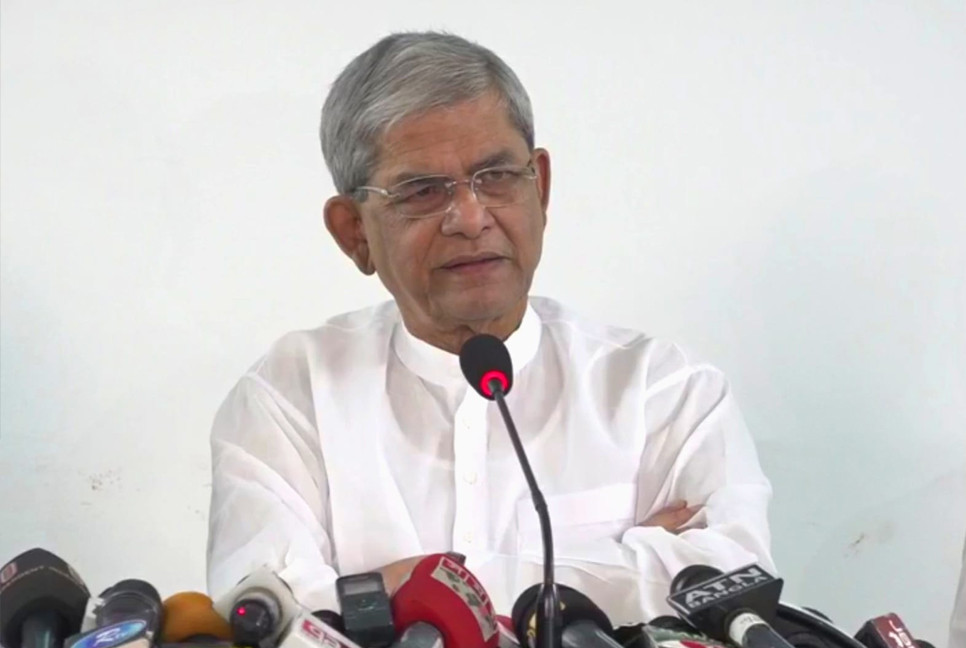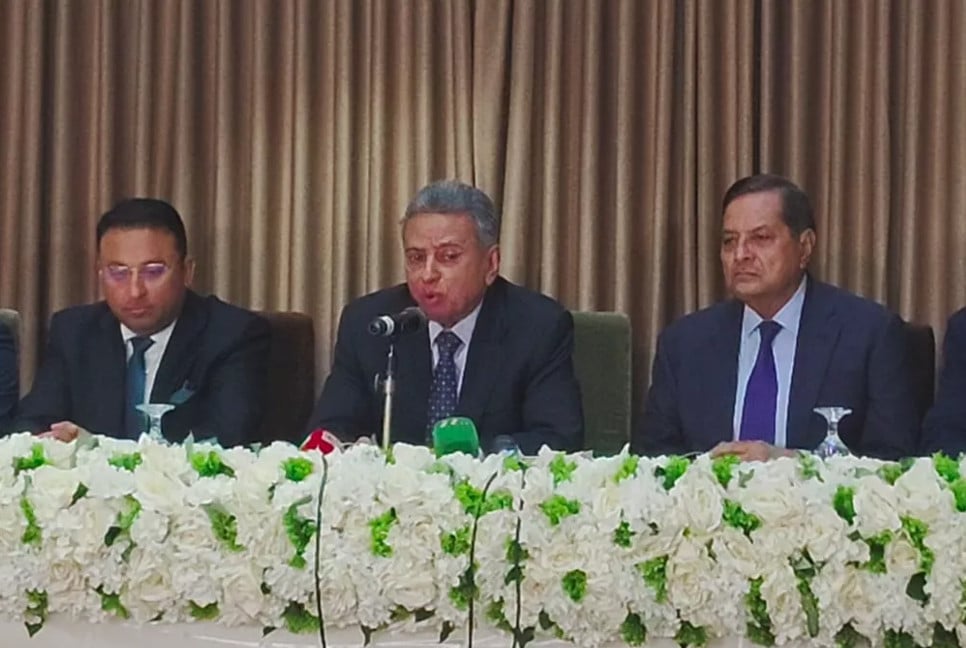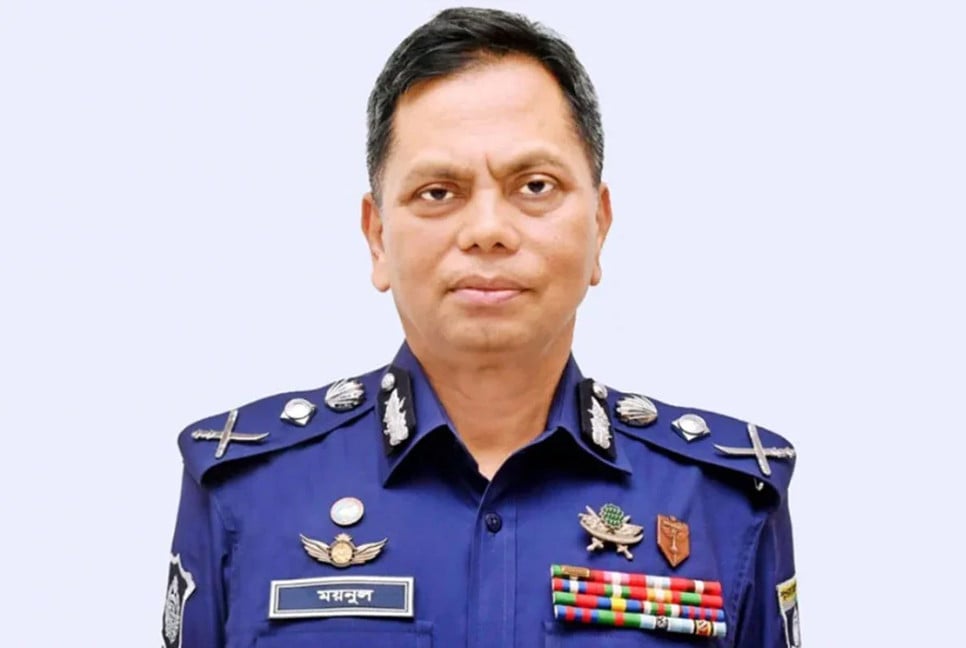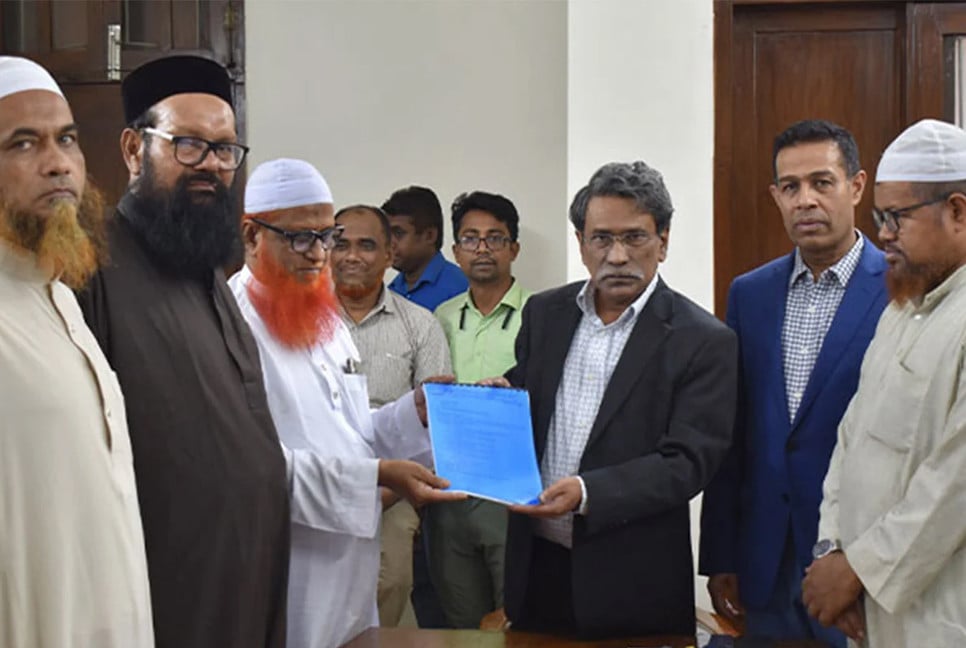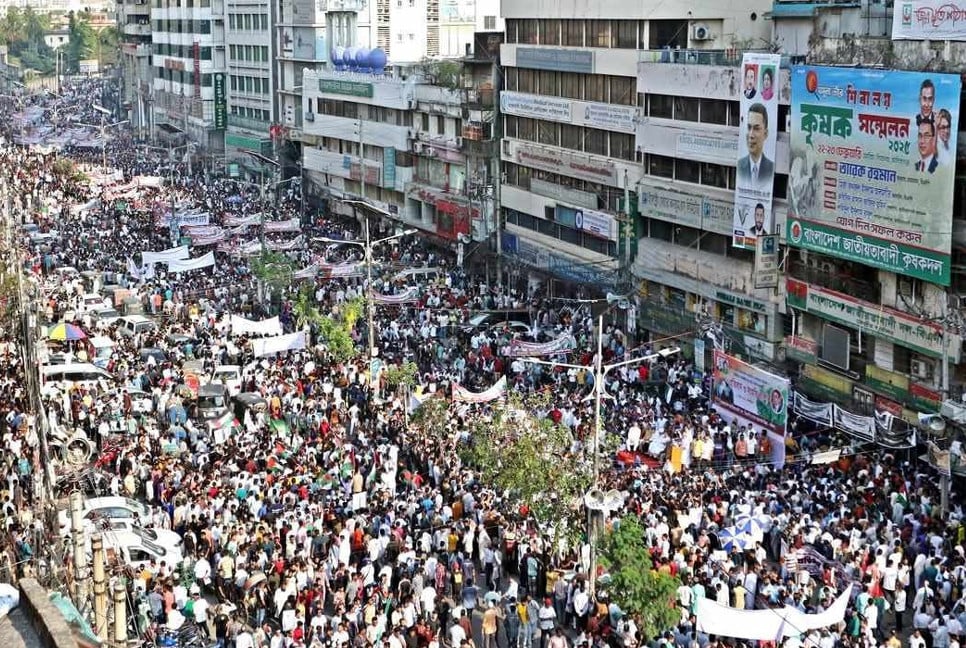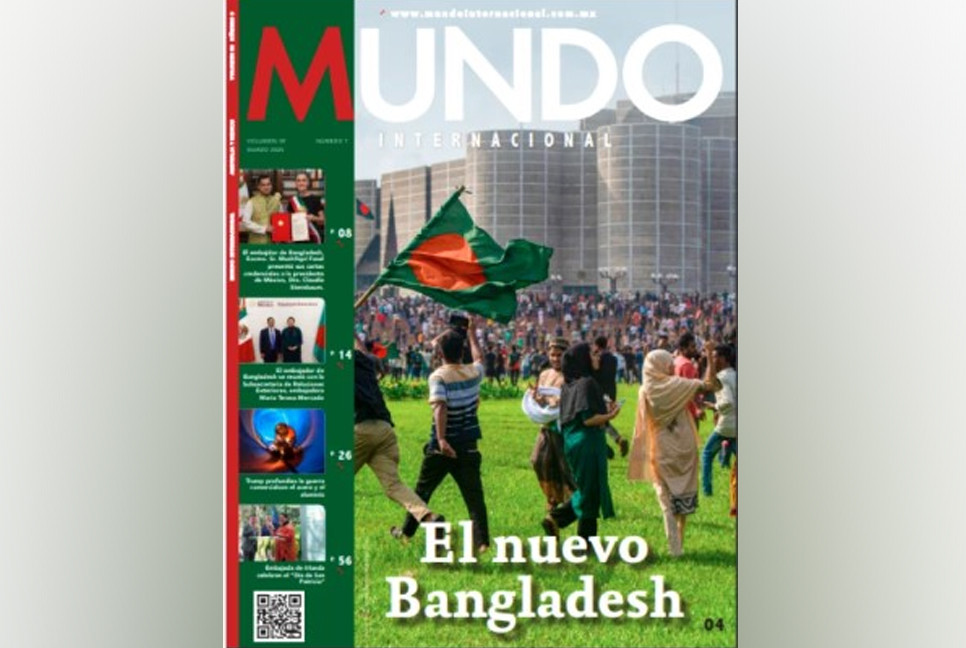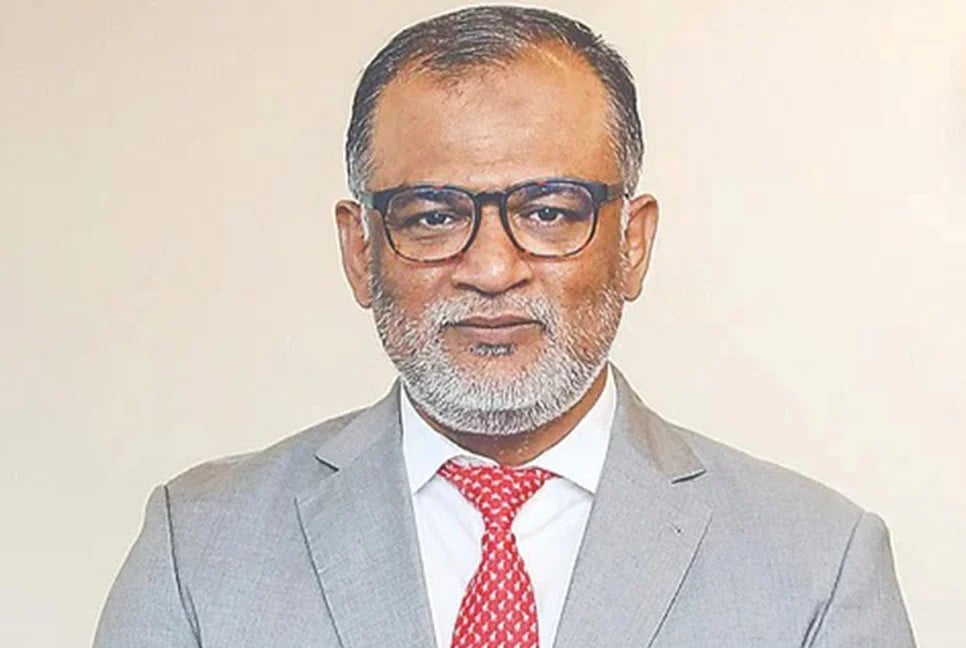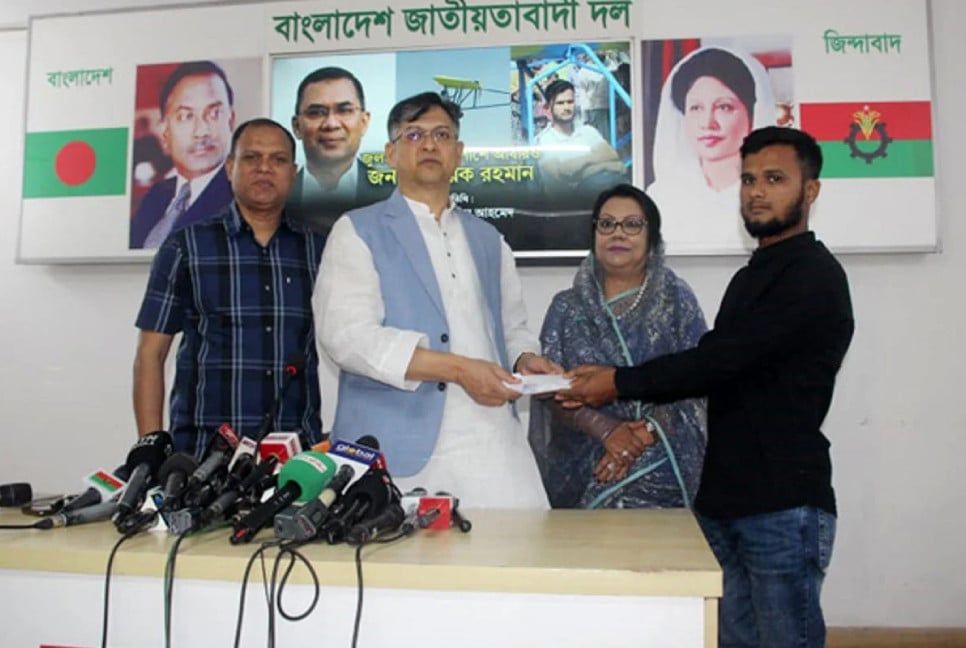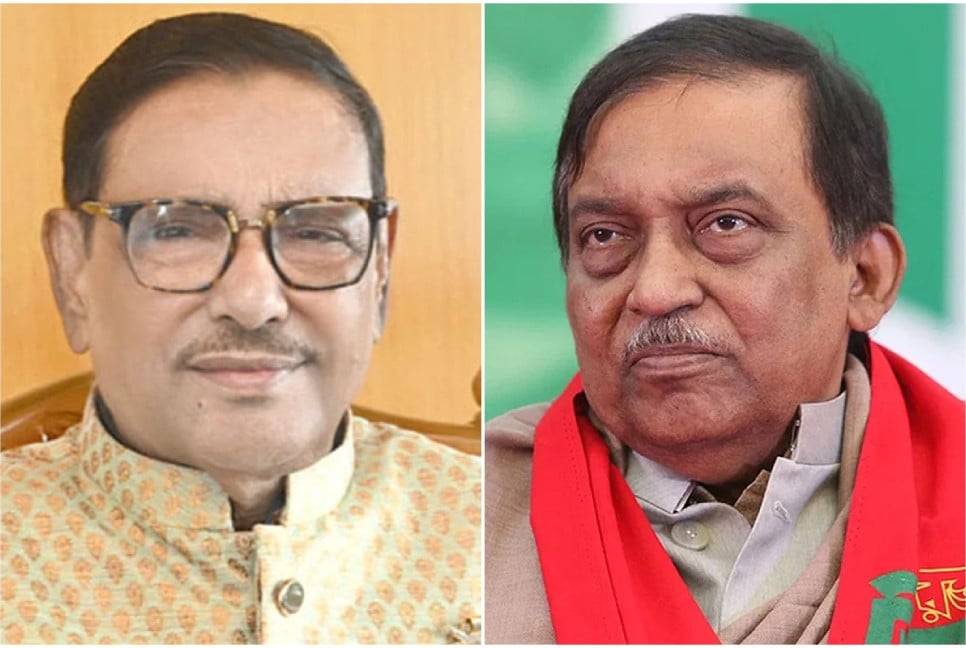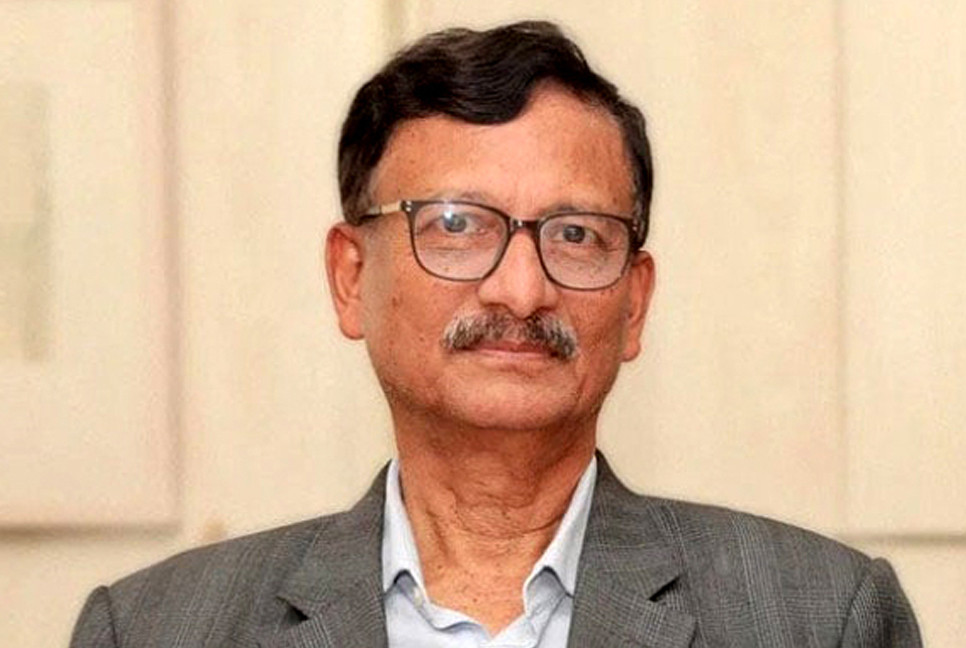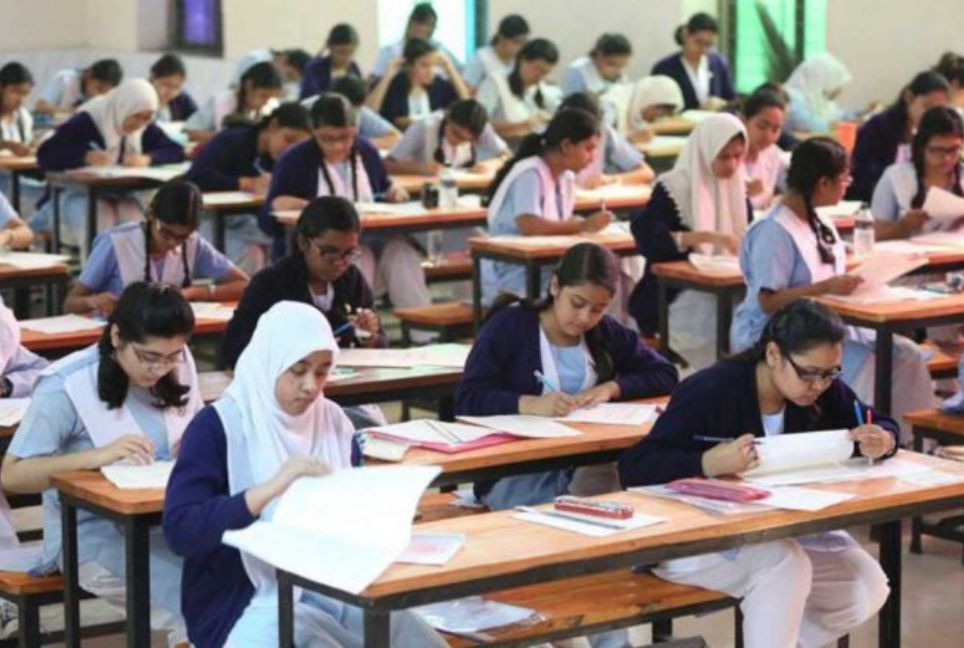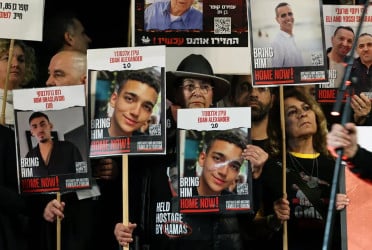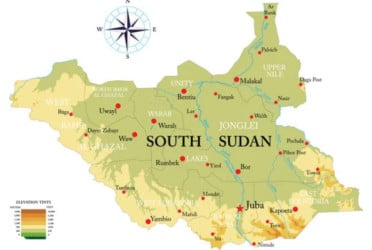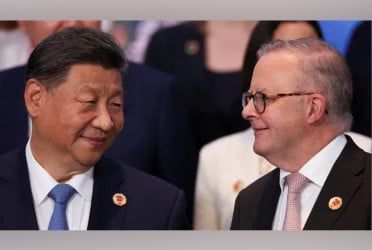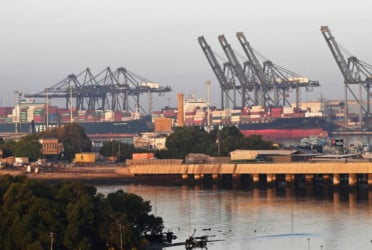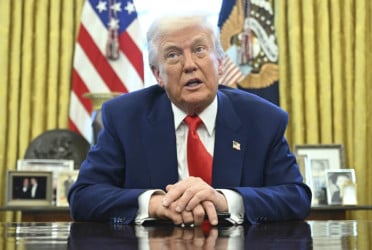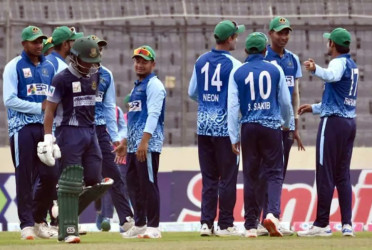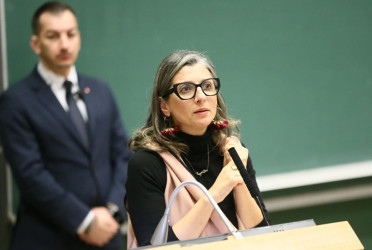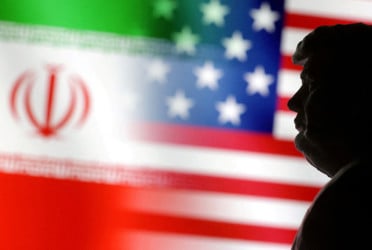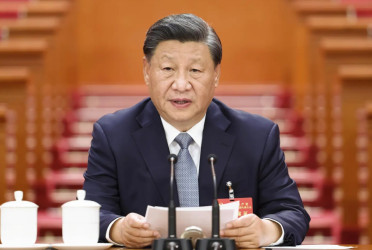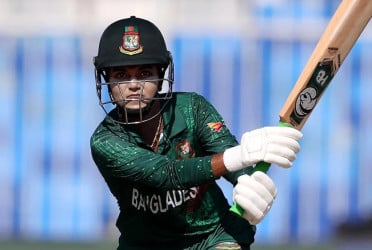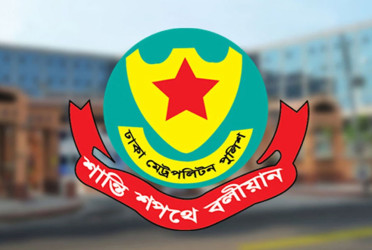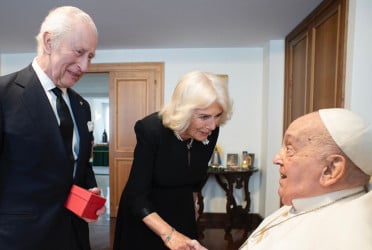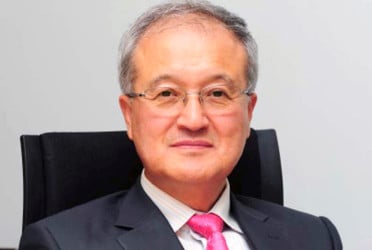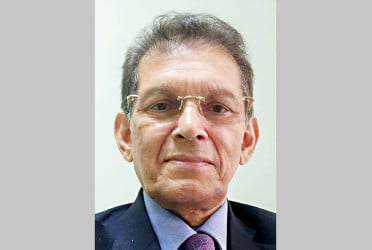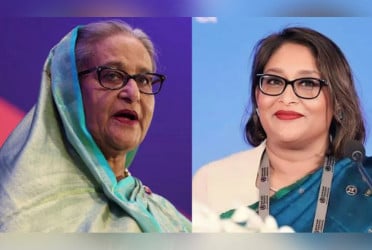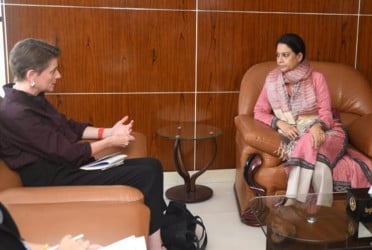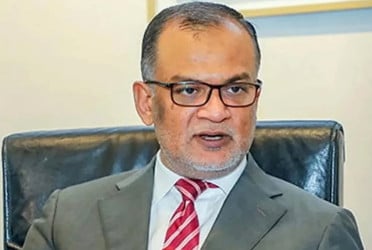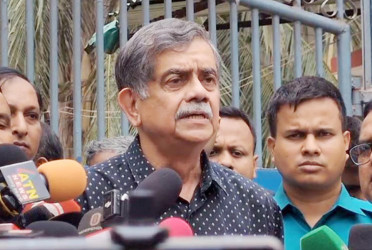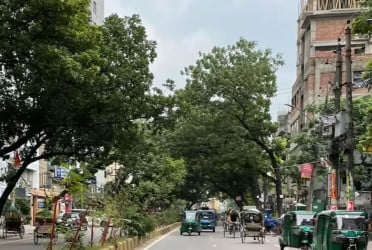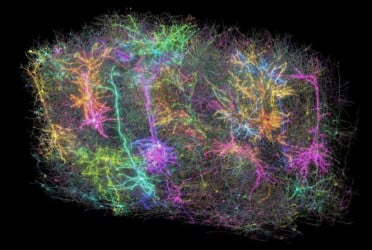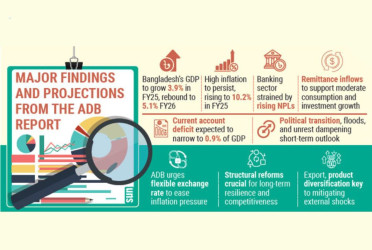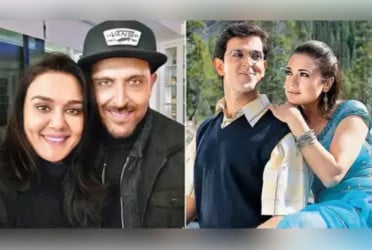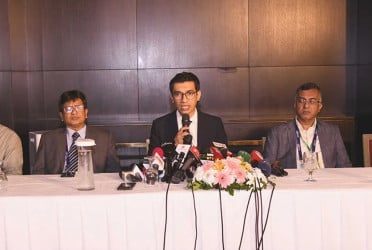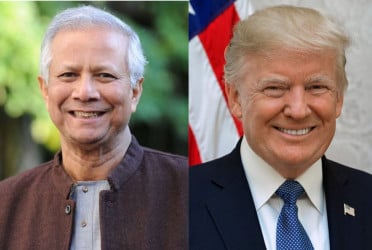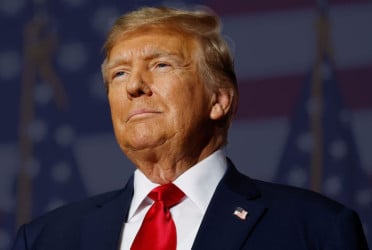Prof Muhammad Yunus, Chief Adviser of Bangladesh’s interim government, accused the political party of ousted prime minister Sheikh Hasina of exhibiting "all the characteristics of fascism", saying it has "no place" for now in the country's politics.
"In the short run, definitely she has no place — the Awami League doesn't have a place — in Bangladesh," Prof Yunus said in a recent interview with the UK based newspaper Financial Times.
Prof Yunus also said his interim government would not immediately seek the extradition of Sheikh Hasina from India, an approach that may avoid for the moment fuelling diplomatic tensions between Bangladesh and its giant neighbour.
"They controlled the people, they controlled the (political) machinery, they controlled the institutions to enhance their interest," he said. "No fascist party should be in existence in a democratic system."
Political rivals and human rights groups have accused the Awami League of rigging recent elections, carrying out extrajudicial killings, and capturing state institutions during Sheikh Hasina's more than 15-year rule.
Yunus speculated that the Awami League might disintegrate, but stressed that its fate would not be decided by his interim administration as it was "not a political government".
Any decision on whether Awami League could participate in a future election would be decided by a consensus of political parties themselves, he said, adding, "They have to decide their political space."
Hasina's whereabouts in India are unclear. Khalid Mahmud Chowdhury, a former MP and organising secretary for the Awami League, told the Financial Times that the party was ready at any time to join the election.
A former economics professor and self-styled "banker to the poor", Yunus won the Nobel Peace Prize in 2006 for his role in founding pioneering microlender Grameen Bank. He had previously been targeted by Sheikh Hasina in what her critics described as a vendetta.
His interim cabinet, which includes two student leaders, is now laying the groundwork for new elections and has formed 10 commissions tasked with reforming institutions including the police, judiciary and public administration.
Yunus, who said he has no intention of joining politics or forming a political party, would not be drawn on a timeline for the polls. "Our job is to get things settled and get a new reform agenda done," he said. "When the election preparation is done, we will consult with political parties."
The toppling of Sheikh Hasina's regime has strained ties with India, her biggest foreign backer.
Prof Yunus said his government would seek Sheikh Hasina's return, but only after a verdict was reached by a domestic criminal tribunal that this month issued an arrest warrant against her and 45 others.
"She is charged with crimes against humanity. When the verdict comes out, we'll try to get her back through the extradition treaty with India. I don't think we have a case to do that before a verdict is done," he said.
bd-pratidin/GR

